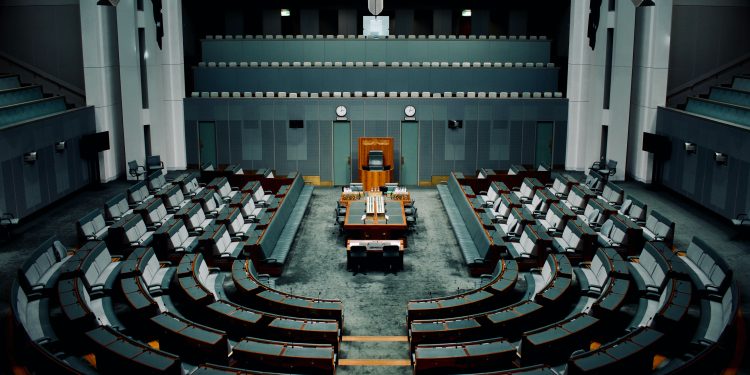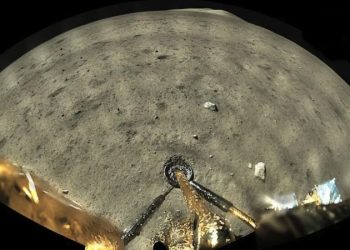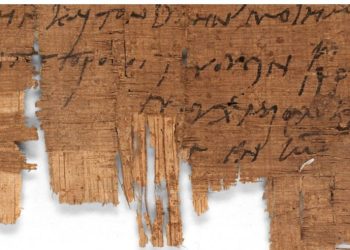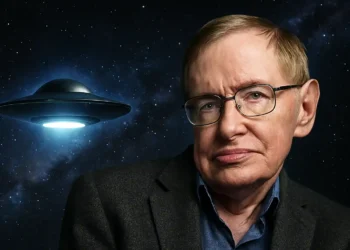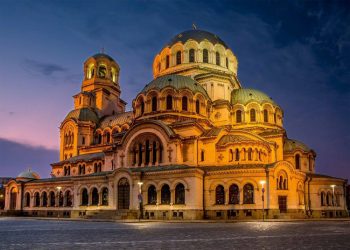One thing that’s very common for this type of article is to try and understand the political theorist and person concerning his philosophy of life. For instance, a very recent yet successful article was trying to understand the words of, amongst many others, theorist Machiavelli through his conception of life and politics.
Well, that might work but not for everybody. Not everyone related to politics has been concerned with explaining his thought process of being in society rather than in a parliament. Although unfortunate, these are the people who we always have to trust about politics since they are the ones who lived that type of life from start to finish.
Today’s article might not be different in format, but it sure varies in the approach to the topic. We are considering some of the most influential political theories, philosophers, historians, and writers to ensure that we collect the 10 most descriptive political quotes. A collection of statements that only a person immersed in the political world will be able to understand, support, or dispute.
Hopefully, the following Top 10 Quotes of the Political World prove highly controversial. I hope that it doesn’t sugarcoat the truth of the side you do not always hear about in the news.
1. “Politics have no relation to morals” — Niccolo Machiavelli
The website of Curiosmos has hosted Machiavellian articles before. Hence, followers know his theory considering political power and its relation to morals. There’s none. Why?
Because you cannot be a good politician without being ready to either kill or die for your country. But living and governing under the ultimate guilt is also not an option for Machiavelli either.
2. “Politics is war without bloodshed while war is politics with bloodshed” — Mao Zedong
Mao Zedong, the Chinese communist revolutionary, is trying to portray the world of politics as being constantly surrounded by bloodless battles. In the meantime, the world of bloodshed wars is surrounded by politics.
Similarly, politics might not be conducted with blood, but it’s still a conflict. In the same sense, the war might not be driven by peaceful means, but it’s still politics.
3. “It is better to be violent if there is violence in our hearts than to put on the cloak of nonviolence to cover impotence”. — Mahatma Gandhi
Something less violent would be expected by arguably the most nonviolent resistance leader in the history of the modern world. Nonetheless, it would be unreasonable to argue that this is false.
If you are a man who has violence in his heart, make the best possible effort to restrain it. However, if you intend to hide nonviolence due to your helplessness, it’s better to go with the first route. Being yourself is appreciated more in politics, even with moral flaws and unethical boundaries.
4. “One of the penalties for refusing to participate in politics is that you end up being governed by your inferiors.” — Plato
The young Greek philosopher has always been keen on expressing his interest in a citizen’s political life. In the actual polis, the citizen must say his needs and make political decisions to find
the leader of the harmonization. In the same sense, politicians must strive and make the citizens more virtuous while always pursuing the common good.
Either way, for Plato, inactivity and the inability to contribute as a citizen in the political world is a paradox, but it’s also harmful.
Plato strongly believes that in a world where everyone is set to contribute in his own way, giving your place might prove to be a mistake. One of your inferiors in virtue and ability might govern or politically participate.
5. “The darkest places in hell are reserved for those who maintain their neutrality in times of moral crisis.” — Dante Alighieri
This is an argument for which discussion is much needed. But one should never forget that we aren’t talking about the everyday life of the people. We are talking about politics.
Dante’s approach was interesting in classifying and awarding places in hell to many people involved in politics.
One reason for that is that they maintained neutrality. When morals are concerned, there’s no right or wrong. There’s only the need to express your moral thinking while never being afraid, as long as we talk about the political world.
6. “If you have always believed that everyone should play by the same rules and be judged by the same standards, that would have gotten you labeled a radical 60 years ago, a liberal 30 years ago and a racist today.” — Thomas Sowell
The American economist argues about political evolution in an exciting way here. Theories, beliefs, moral judgments, and social standards change. They are changing constantly, a process that hardly takes decades.
Nevertheless, Sowell’s statement shows the reality of political change and evolution, even though some might consider it sensitive social terms.
7. “It is enough that the people know there was an election. The people who cast the votes decide nothing. The people who count the votes decide everything.” — Joseph Stalin
There could never be an article about famous political quotes without expressing political issues like corruption in democratic elections. There’s also no better man than Joseph Stalin to give his input on this issue.
The exciting thing isn’t the ability to speak openly about such an unfortunate event. The most interesting fact here is the honesty and the truthfulness of the event up until today. Even 100 years later, the political world hasn’t recovered, let alone moved away from such problems.
8. “Vote for the man who promises least; he’ll be the least disappointing.” — Bernard Baruch
Politics has also been characterized and deemed as the world of expectations. If you are studying politics and even intending to become a politician, pattern recognition leads people to associate you with one thing: lies.
Although not totally accurate, people consider most modern-day politicians as a mass of tyrants who want power and will present false information and impossible aspirations to achieve their goals.
Nonetheless, it’s still the political way of life for a considerable minority, and people aren’t always false when making such assumptions.
9. “Being president is like being a jackass in a hailstorm. There’s nothing to do but to stand there and take it.” — Lyndon B. Johnson
Wise words from a wise politician. You don’t need further explanation.
10. “Politics is the art of telling people to go to hell in such a way that they ask for directions.”— Winston Churchill
Coming from a man who might have been one of the most controversial yet masterful political leaders in the history of 20th-century Great Britain. Winston Churchill has given the meaning of a politician and diplomat in such simple terms, which is honestly a considerable argument.
As mentioned before, people might be false when accusing politicians of being liars regardless. People might not lie but might manipulate others with the truth.
References
Munck, Gerardo L., and Richard Snyder (eds.). Passion, Craft, and Method in Comparative Politics. Johns Hopkins University Press, 2007.
Ross, Dorothy. 1991. The Origins of American Social Science. New York: Cambridge University Press.
Ryan, Alan (2012). On Politics: A History of Political Thought from Herodotus to the Present. London: Allen Lane. ISBN 978-0-7139-9364-6.
Almond, Gabriel A. 1996. “Political Science: The History of the Discipline,” pp. 50–96, in Robert E. Goodin and Hans-Dieter Klingemann (eds.), The New Handbook of Political Science. Oxford, UK: Oxford University Press.
Connolly, William (1981). Appearance and Reality in Politics. Cambridge: Cambridge University Press.
James, Raul; Soguk, Nevzat (2014). Globalization and Politics, Vol. 1: Global Political and Legal Governance. London: Sage Publications. Retrieved 19 February 2016.



